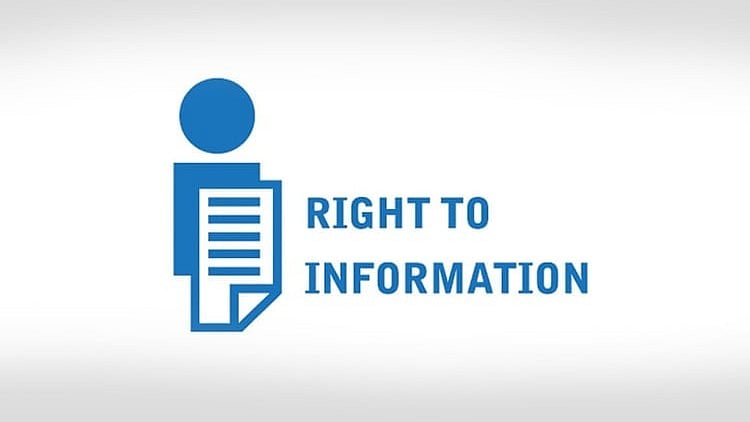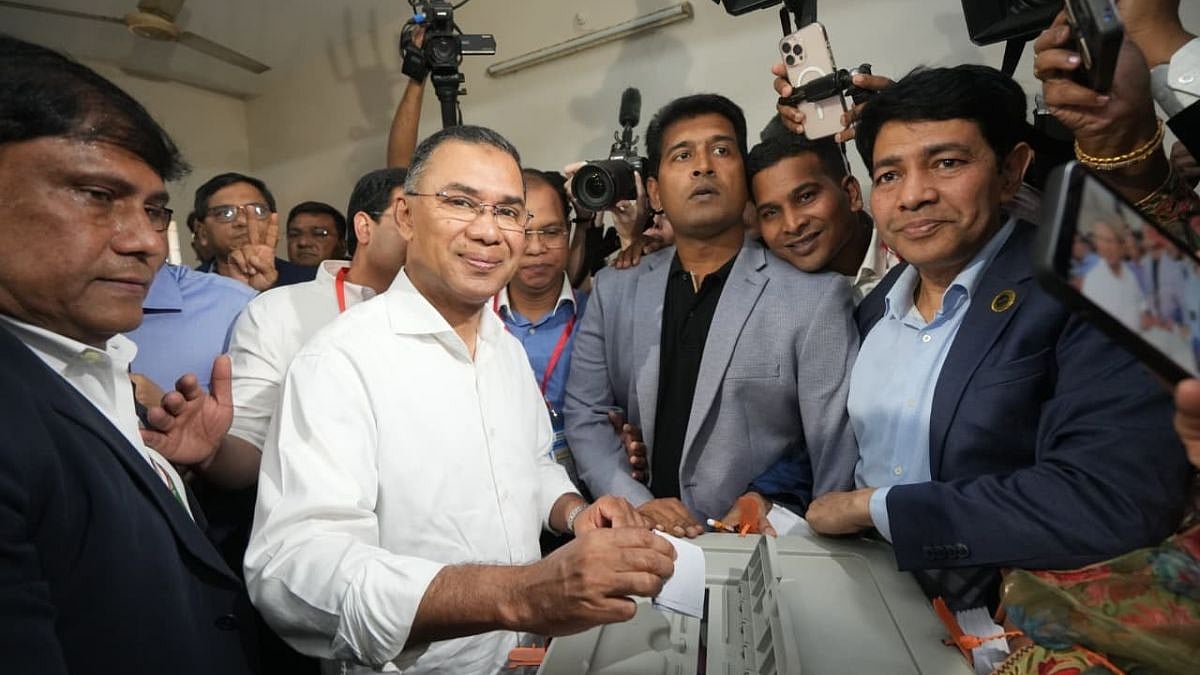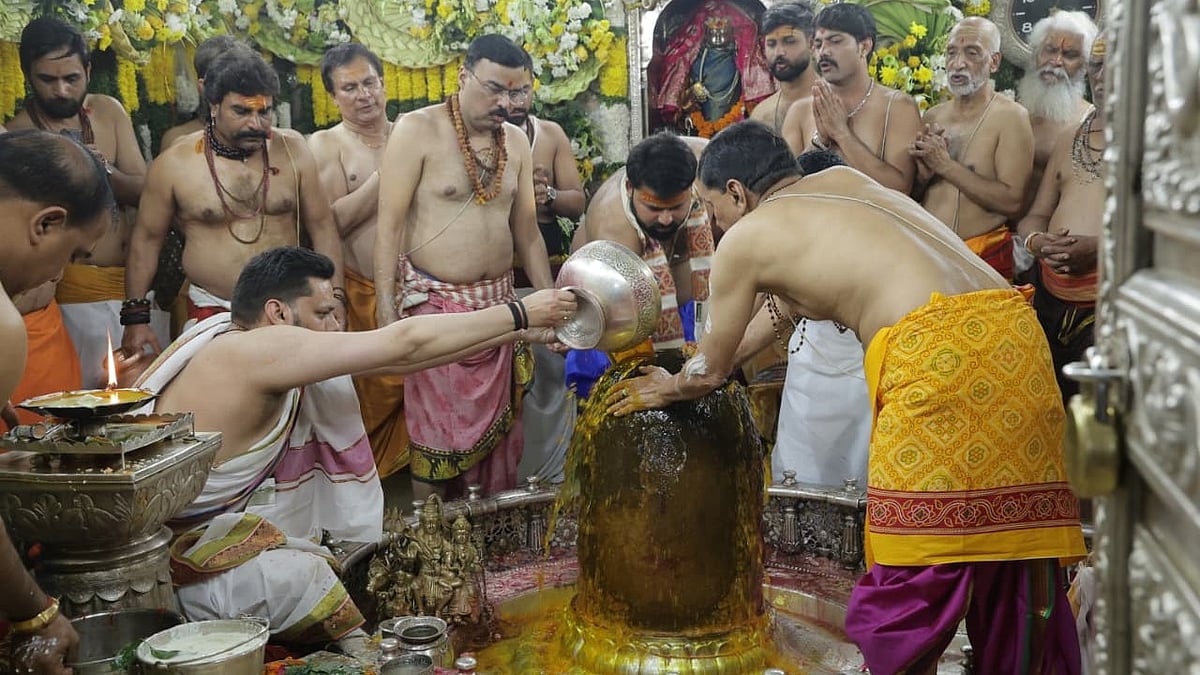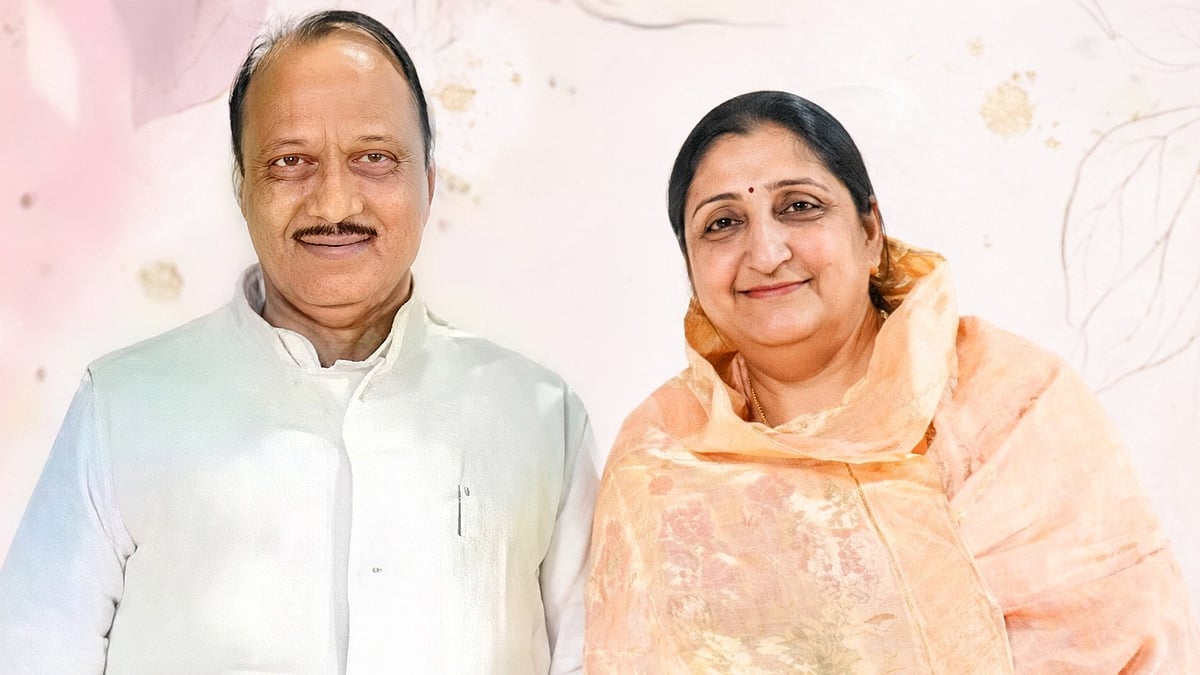The Centre's decision to implement the Citizenship (Amendment) Act, 2019, by notifying the rules on Monday, has not set the Brahmaputra or the Ganga ablaze. Barring some isolated protests, the situation has remained, by and large, peaceful throughout the country. This is in sharp contrast to the huge protest the law evoked when it was passed by Parliament. There was hardly any place where people in large numbers did not come out in protest. In Delhi, thousands of women blocked an arterial road for several days. The protest lost much of its steam when Covid-19 kept the nation under thraldom for several weeks. Ordinarily, the law should have been notified within six months of receiving the Presidential assent. The Centre kept making periodic requests to keep the notification in abeyance, so much so that many thought that it was done away with.
To be fair to Union Home Minister Amit Shah, he kept telling the nation that the government was determined to implement the CAA during its current term. A lot has happened between 2019 and 2024. There is a greater understanding of the consequences of the law among the people now than ever. One of the fundamental flaws of the law is that religion became a criterion in a secular country. But then, the law is applicable only to those who arrived from Pakistan, Bangladesh, and Afghanistan because of religious persecution there. And that too before December 31, 2014! Since the three are Islamic nations, the possibility of any Muslim facing persecution because of his religion does not usually arise. Hindus, Buddhists, Sikhs, Jains, Parsis, and Christians have faced persecution in those countries and they can, therefore, seek citizenship in India, provided they have been living here for a certain period.
In Pakistan, there are sects like the Ahmadiyyas, who also claim to be Muslims, who are persecuted the most. Also, there are individual Muslims who fell out with the establishment because they sided with those who were harassed by instituting blasphemy laws against them. They also won't be able to get asylum in the country and eventually citizenship. The question would remain: whether it is proper to discriminate on the basis of religion? All those seeking citizenship will have to prove that they faced persecution in those countries before they fled to India. The CAA was meant to grant citizenship and not to deny it. During the last five years, debates and discussions have convinced the people that the law is not anti-Muslim per se. Small wonder that many Islamic organisations also welcomed it. All this explains why there was no protest worth the name this time.
However, it is difficult to believe that the Bharatiya Janata Party (BJP) government has altruistically implemented the law. The heavens would not have fallen if it had waited for the elections to be over. It could have given the responsibility to the new government. Perhaps, the ruling party thought that the CAA would create a social and political divide, which would be to its advantage in the Lok Sabha elections. In any case, polarisation is what the BJP has always thrived on. Chief ministers like Pinarayi Vijayan and Mamata Banerjee are less than truthful when they claim that the CAA would not be implemented in their states. They don't have any such powers.
Although the CAA is nothing to be afraid of, there are apprehensions about how the National Population Register (NPR) and the National Register of Citizens (NCR) would be implemented. In Assam, which is the only state where there is such a register, the people, especially Muslims, had to face a lot of difficulties to prove that they and their forefathers had been living in India till 1971, if they were not to be deported. Amit Shah has been threatening that "illegal migrants" from Bangladesh would be deported from wherever they have been living. Since the onus of proving their citizenship rests with them, they might face innumerable difficulties. Also, it will create diplomatic rows, as Dhaka has been protesting against claims of illegal migration from Bangladesh. Allowance also has to be made for the fact that more than 25 lakh people from India migrate to other countries every year. Not all of them, legally!









